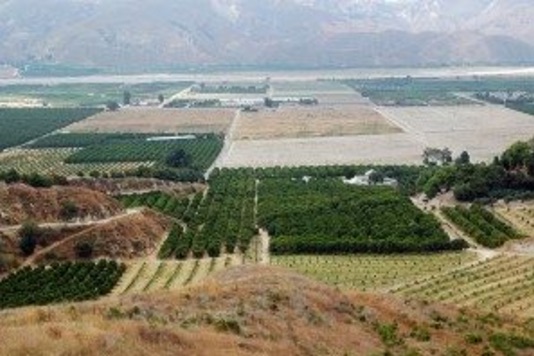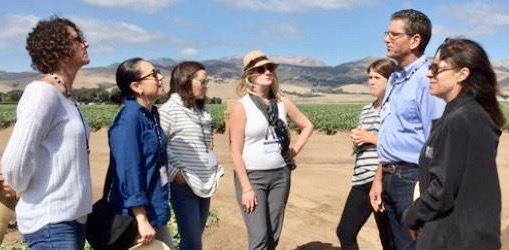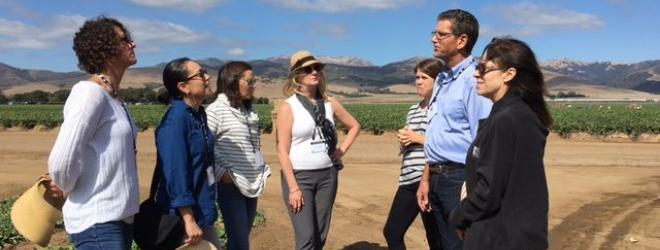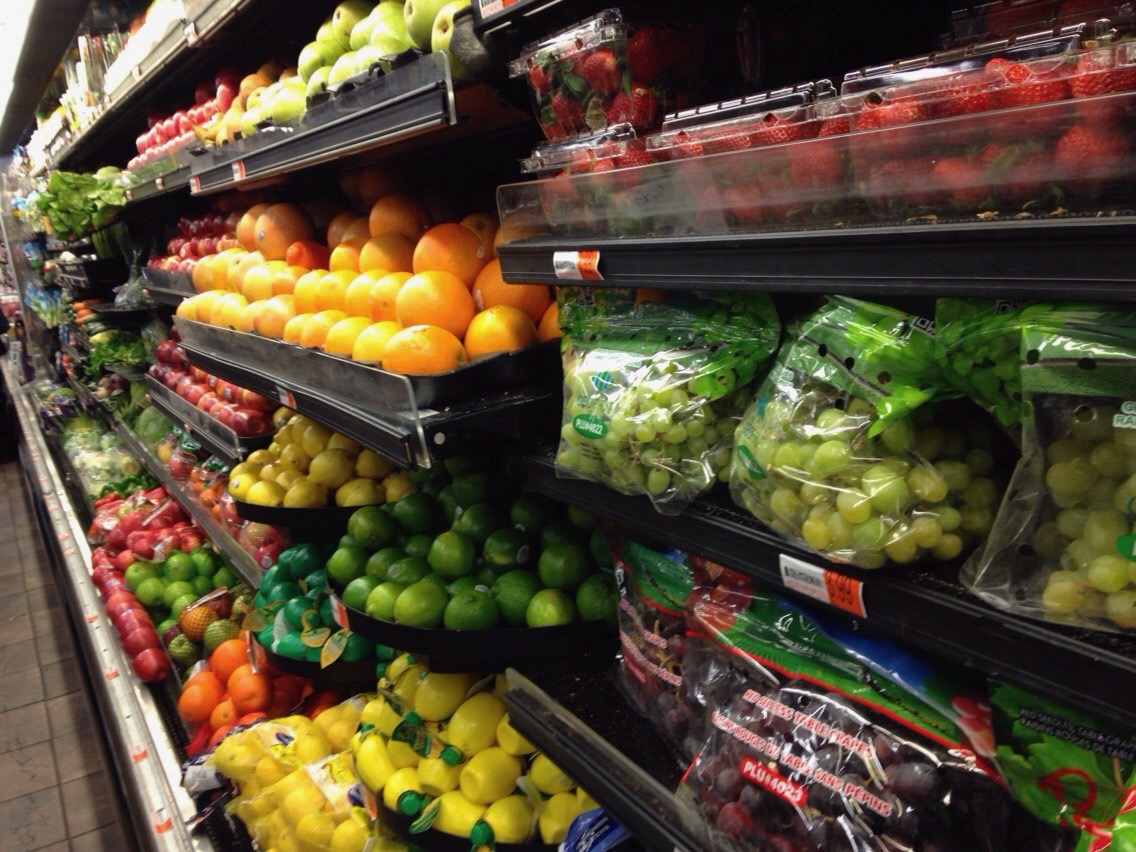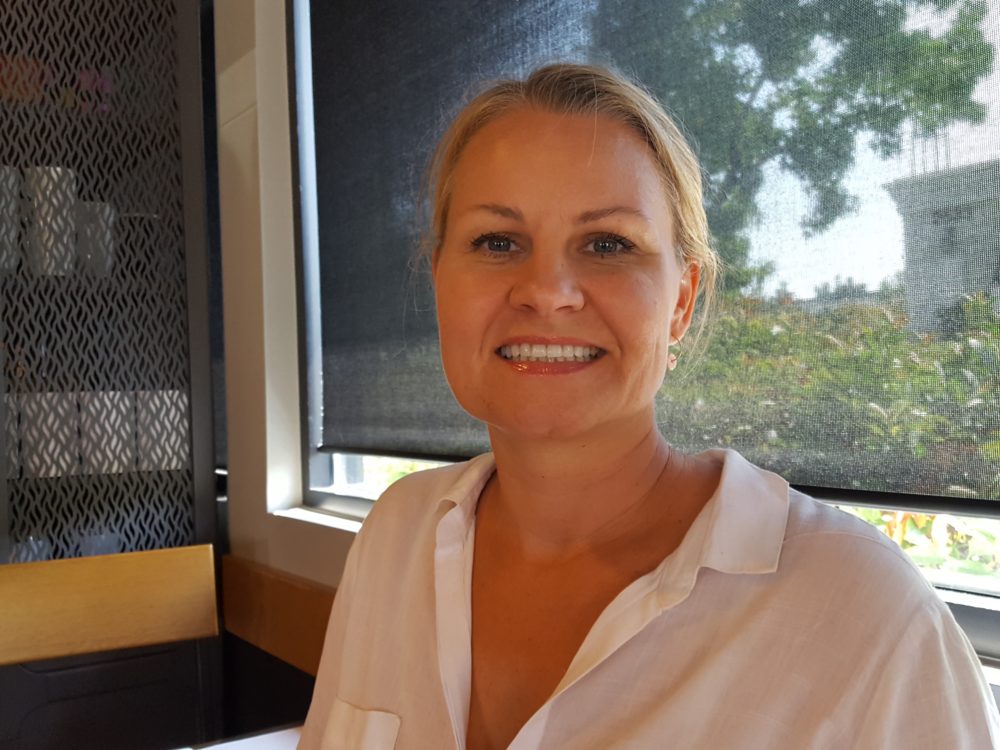Facts Not Fear on Growing Produce
Understanding Salinas Valley Farming Practices
By Jessica Theisman, Associate Editor
Among the mix of registered dietitians conveying the accurate message, California Ag Today concluded our conversation about Facts Not Fear with Teresa Thorn, executive director of the Alliance for Food and Farming, located in Watsonville.
The Alliance hosted the second Facts Not Fear produce safety media tour, in conjunction with Markon Cooperative, for registered dieticians, health and nutrition writers, and bloggers last month in the Salinas Valley. Impacting the customer with the proper information is key.
“We have a mix of writers and bloggers who again have that bullhorn to consumers,” Thorn said.
Social media was also used in conveying the message.
“They’re posting, and we’ve read it and retweeted a lot of their stuff so you can go to our social channels and see some of it,” she explained.
Speaking to growers was very important, and asking industry professionals to attend was vital to cultivating relationships.
“They loved being out in the field. We were always the last ones to get on the bus because they had so many questions,” Thorn said.
The group also does a roundtable discussion where they bring in scientists, shafts, regulators, farmers, and farming companies into the room at Markon’s Produce Expo.
“Building that network was really important,” Thorn said.

